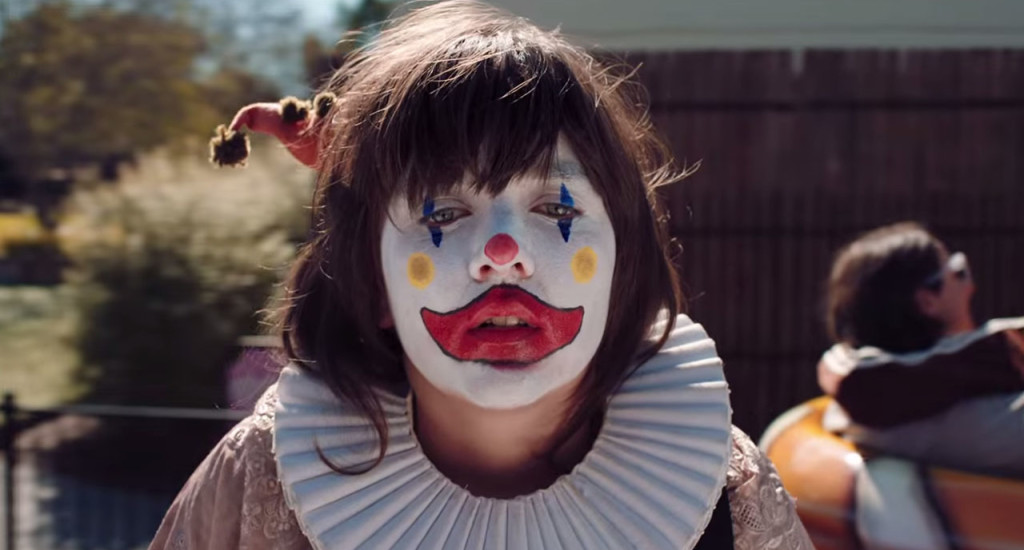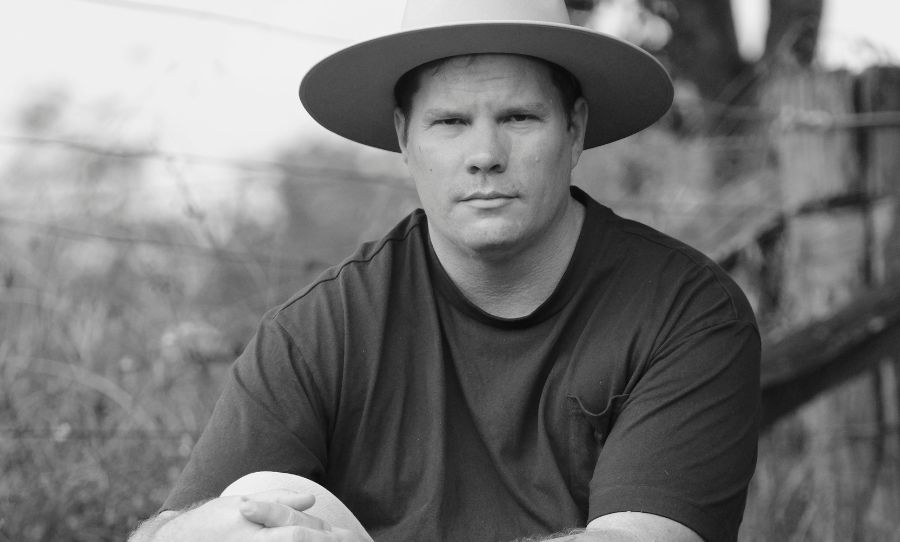Do you remember when trolls everywhere were campaigning to get Taylor Swift on the Hottest 100? It totally consumed online media at the time and everyone had their opinion. How did something so prominent in both music media and the public eye just evaporate? Triple J is still a flawed institution and many listeners weren’t super satisfied with their official statement.
This isn’t limited to current affairs – we see this kind of thing all the time in popular music. A really prominent and talented Australian artist releases an amazing song and everyone goes totally batshit for it. Then after a whirlwind of TV spots and festival tours launched on the back of the success of one track the artist disappears from the public eye, never to been seen or herd from again – superseded by the next overly hyped one hit wonder.
We’ve all been guilty of TL:DR, but is the internet turning music into a fad? Can true artistry exist amongst a culture that churns and burns?
Thanks to smartphones and 4G connections the Internet has become a key player in this rapid turnover of content on two fronts. Firstly we have websites like Pedestrian TV, mic.com, Buzzfeed and even I Fucking Love Science that have contractual obligations to their advertising clients to provide them access to the biggest audience possible. The more clicks they get, the more their profits increase. This has resulted in an infinite fountain of over promoted fluff articles peppered with actually relevant, interesting or insightful current events.
Erin Lyall, The Publicity and Marketing Manager for The Venue Collective, has been aware of this trend for some time, tracing the origins of click bait style content to “Facebook reducing their reach depending on people’s engagement levels”.
In addition to this exceptionally shallow content we have services like YouTube, Spotify and Rdio that give us access to almost every song in existence. Lyall notes that “Playlists from trusted sources” are one of the main avenues for modern music fans to discover new music. These provide huge quantities of content crafted by someone else into small digestible packages (playlists). No effort required.
There is way too much content to engage with so all of it is over simplified, you can experience a history of any genre in a 30 minute Spotify playlist or be brought up to date with Australia’s current political climate with nothing more than a series of gifs and three clever quips about Tony Abbot’s ears.
Imagine if you were watching the nightly news and instead of 25 minutes of local and national current affairs followed by a clip of a dog riding a surfboard it was 25 minutes of people falling off skateboards and then a 30 second exposé on religious extremism. You’d probably stop taking the news seriously. By watering down actual content many Internet news outlets are able to fulfil their obligations for maximum engagement while also conditioning us to stop taking any of it seriously.
Our role as consumers of culture has totally changed. If we aren’t sort of up to date with literally everything that’s going on in the world we are considered out of the loop – regardless of the fact that we might not know very much about any one issue.
We already know that the Internet makes us dumber. Heaps of dudes doing science (such as Nicholas G. Carr in his book “Is Google making us Stoopid?”) have already determined that thanks to having all the world’s information available to us at the touch of a few keys we have developed a diminished capacity for concentration and contemplation. Imagine then the effects of having every trending topic overemphasised and summarised in your Facebook feed in 50 words or less.
This ‘pedestrian effect’ has had a deep and potentially permanent impact on both us the music fans and all the rad Aussie artists that work their butts off to keep us happy.
Our decreased attention spans coincide perfectly with a marked increase in access to content and as a result we as listeners are constantly struggling to experience something new. We hear one track from 10 artists we have never herd of instead of picking apart the single album that resonates with us. Thanks to the convenience of engaging with click bait to get your music fix we are completely at the mercy of the services that provided it. Consequently it becomes increasingly difficult to engage with anything that has substance. It’s a self-perpetuating system.
Artists are the only group to suffer the pedestrian effect worse than we do. Due to the intense competition of today’s online music industry it is almost impossible for talented, hardworking musicians to gain any traction in the media. After suffering the huge burst of popularity linked with one successful song on triple J an artist is easily buried under the weight of a million other trending topics – after all new music is now competing with news and other forms of entertainment for our precious attention.
Having worked with many up and coming acts Lyall identifies that “Having an active social media presence is a must for most artists, which can be difficult when your focus is, and rightly so, on music before marketing”. It seems then that the only way to emerge from the pile of fluff without an incredible marketing strategy managed by an independent body is by delivering a follow-up exponentially more incredible than your previous work, a nearly impossible feat.
Take local legend Courtney Barnett for example. She is a phenomenal songwriter and anyone who has heard her music is happier for doing so. Her debut double EP took her from pulling beers at the Northcote Social Club to playing live on Jimmy Fallon and at Coachella in a matter of months. Everyone was nuts about Courtney– and rightly so, she deserves the spotlight.
After her initial burst of popularity she managed to stay successful but in the lead up to her second album and thanks to the pedestrian effect ‘The Internet’ expected her to deliver the impossible. A Courtney Barnett album that grabs their attention as much as hearing Courtney Barnett for the first time while providing them with a new experience that the haven’t had before. This paradox will often lead to intense grumblings from fans, claiming that she either sounded too similar to her first album or that she doesn’t sound like herself and has betrayed her personal style.
Clever as she is Courtney has released the single Pedestrian at Best off her album in an attempt to wake her audience up to the effects of over-hyping. The witty video clip positions Courtney as the clown of 2013, replaced by everyone’s new favourite clown of 2014. The punchy chorus reflects her thoughts on the matter: “Put me on a pedestal and I’ll only disappoint you Tell me I’m exceptional, I promise to exploit you”
Loaded with lyrical imagery that mirrors her flippant audience Courtney makes it clear that all she wants to do is make great music but swimming up stream in the face of extreme media attention is wearing her a bit thin. Most importantly she makes it clear that this is to no one’s advantage – we all struggle together, at the mercy of the pedestrian effect.
Even smart artists like Courtney Barnett are resigned to the fact that in today’s music economy all you can do is your very best and hope that it sticks – The marketing machine is chaotic and out of their control.
There is still light at the end of the tunnel as Lyall suggest that “There’s definitely still room for in depth content and in some ways I think there’s a hunger for it, as long as it’s done really well…Sites like Pedestrian are a good platform for sharing that content, but it’s up to the bands to put it out there in the first place”.
I’m not trying to convince you to swear off the Internet; it’s a useful tool and provides us access to information that you would otherwise never hear about. Support local bands you resonate with by going to a show instead of a getting fucked to 50 international acts at a festival. Explore the collected works of the individual artists thrown careless into mood specific playlists. Most importantly don’t feed the click baiters who derive profit from sensationalising the banal and trivialising things that are important to you.
Don’t let the Internet turn your music experience into just another fad.
Read our piece on how to promote your band here.




